
How to Improve Visual Tracking Skills in Children with Attention Difficulties and Therapy
Aug 15, 2025
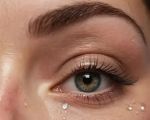
Natural Remedies for Eye Redness: Effective Solutions You Can Try
Aug 13, 2025
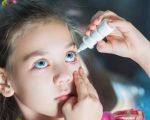
How to Treat Viral Eye Infections Effectively with Medications and Care
Aug 12, 2025
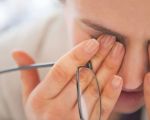
How to Recognize Symptoms of Eye Stroke and Seek Treatment
Aug 07, 2025
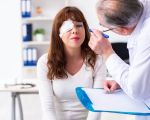
How to Care for Post LASIK Eyes: Recovery Tips That Matter
Aug 05, 2025

How to Treat Eye Redness and Itching with Natural Remedies | Eye Docs Guide
Aug 05, 2025

How to Protect Eyes from Dust and Airborne Particles in Polluted Environments
Aug 04, 2025
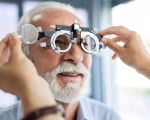
Importance of Regular Eye Exams for Seniors: Protecting Vision and Independence
Aug 04, 2025







